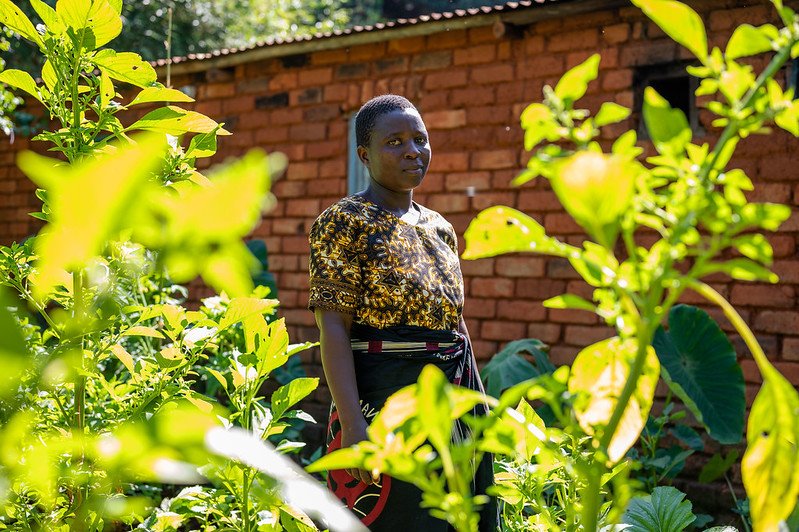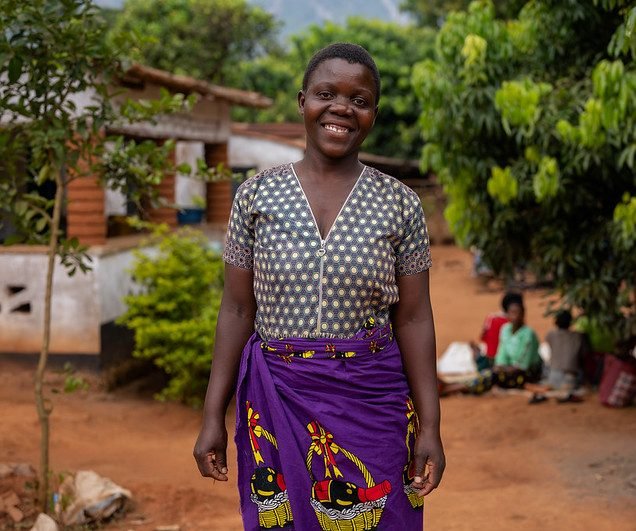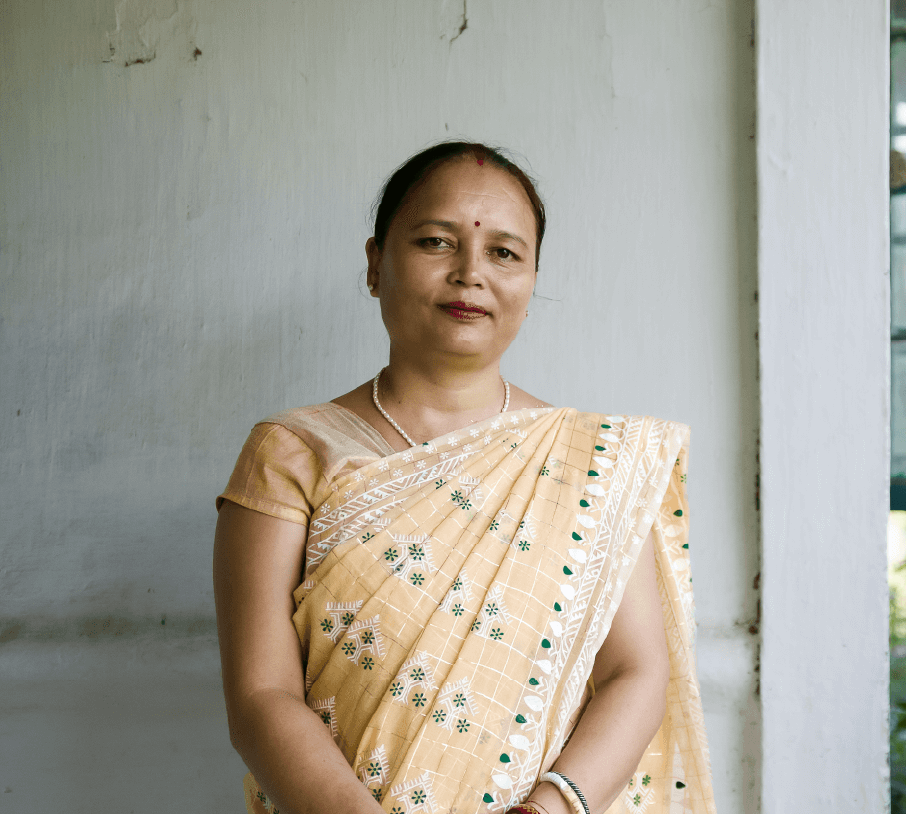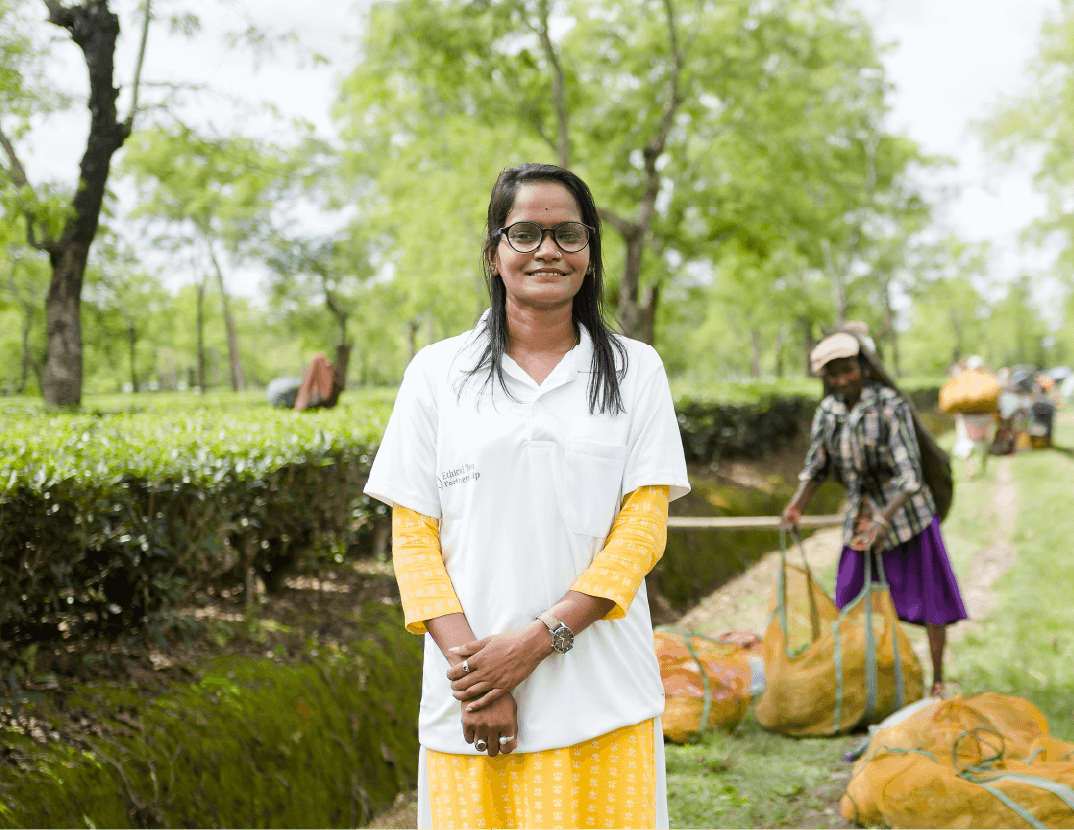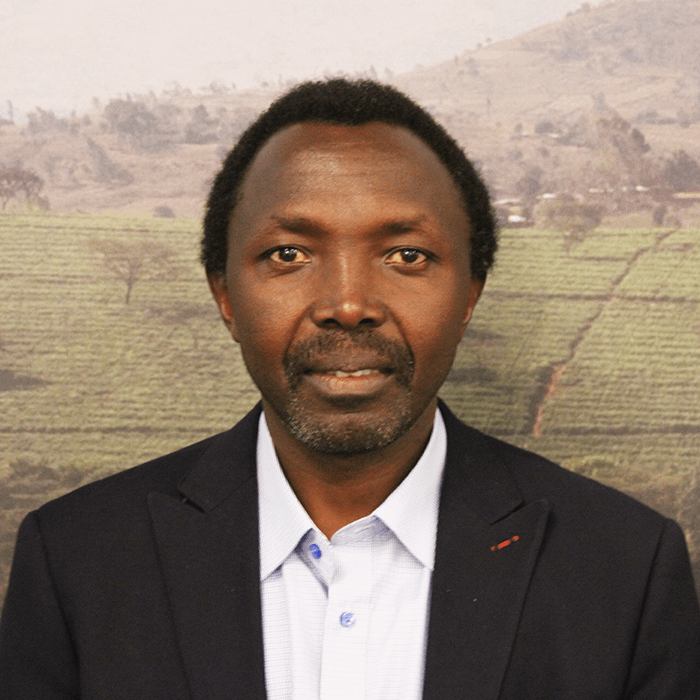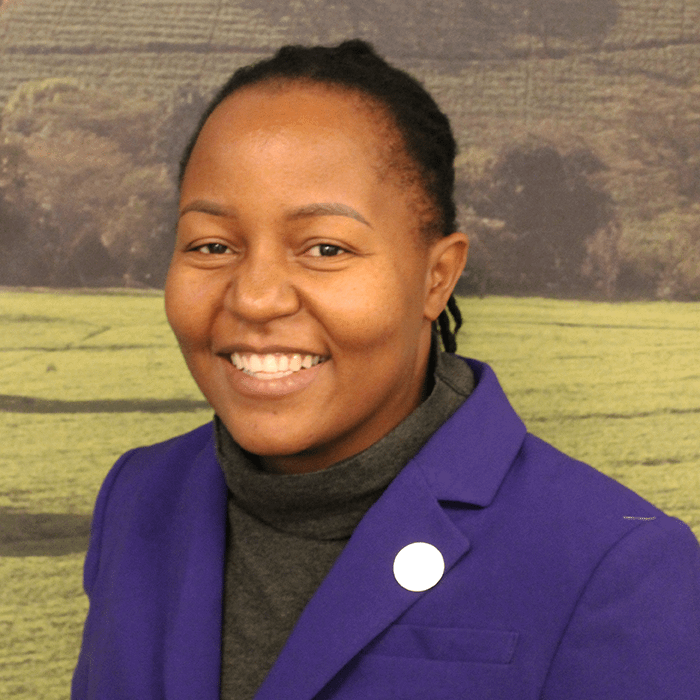smallholder farmers reached directly
- 2015–2022
- Status: Completed
Project overview
Using Farmer Field Schools, Farmer Business Schools and Village Savings and Loan Associations to help Malawi and Rwanda’s tea sectors flourish.
Project partners
The Deutsche Gesellschaft für Internationale Zusammenarbeit (GIZ), JDE, Lavazza Professional, Marks & Spencer, Ostfriesische Tee Gesellschaft GmbH & Co. KG, Tata Consumer Products Ltd., and Taylors of Harrogate

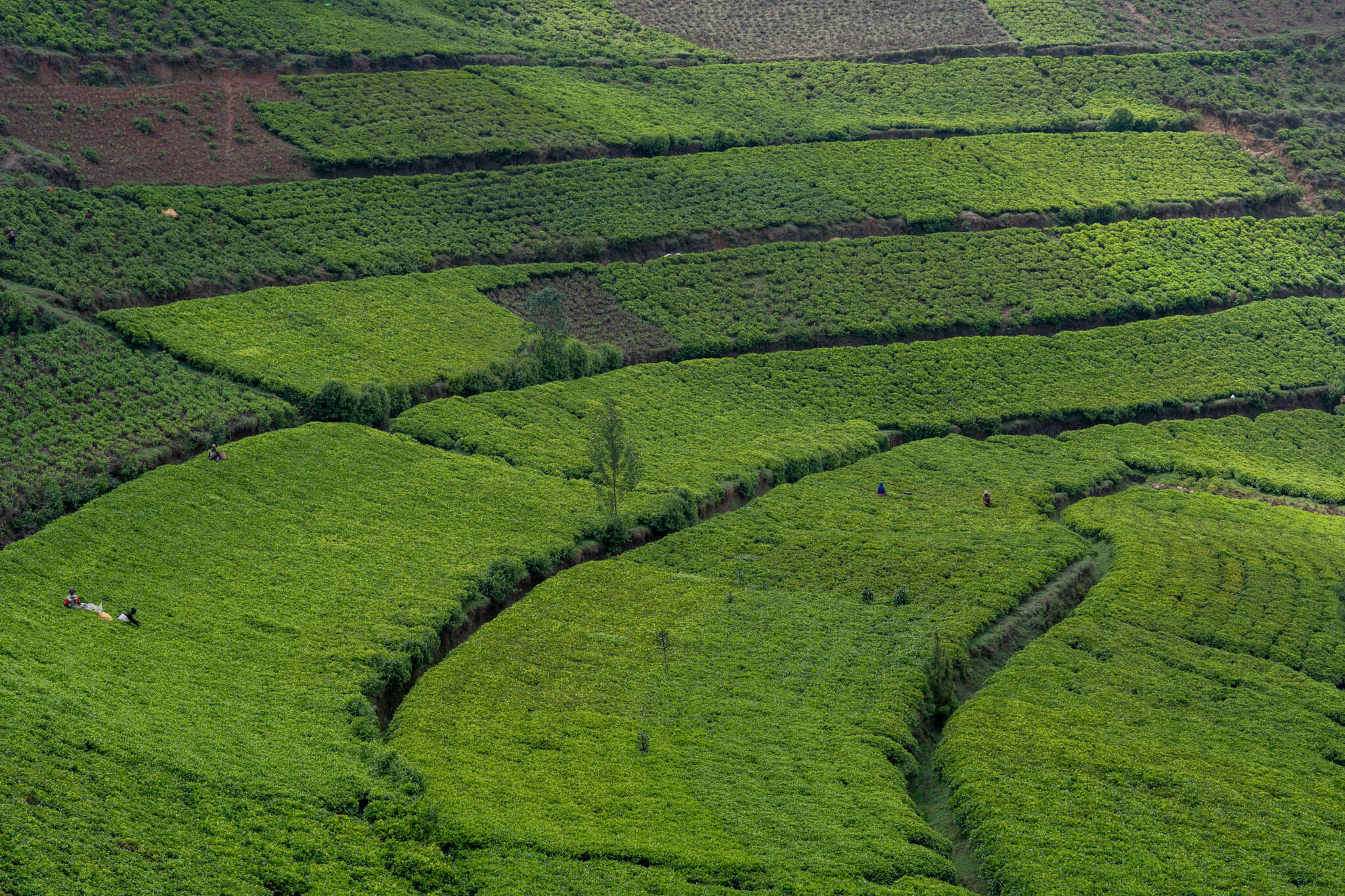

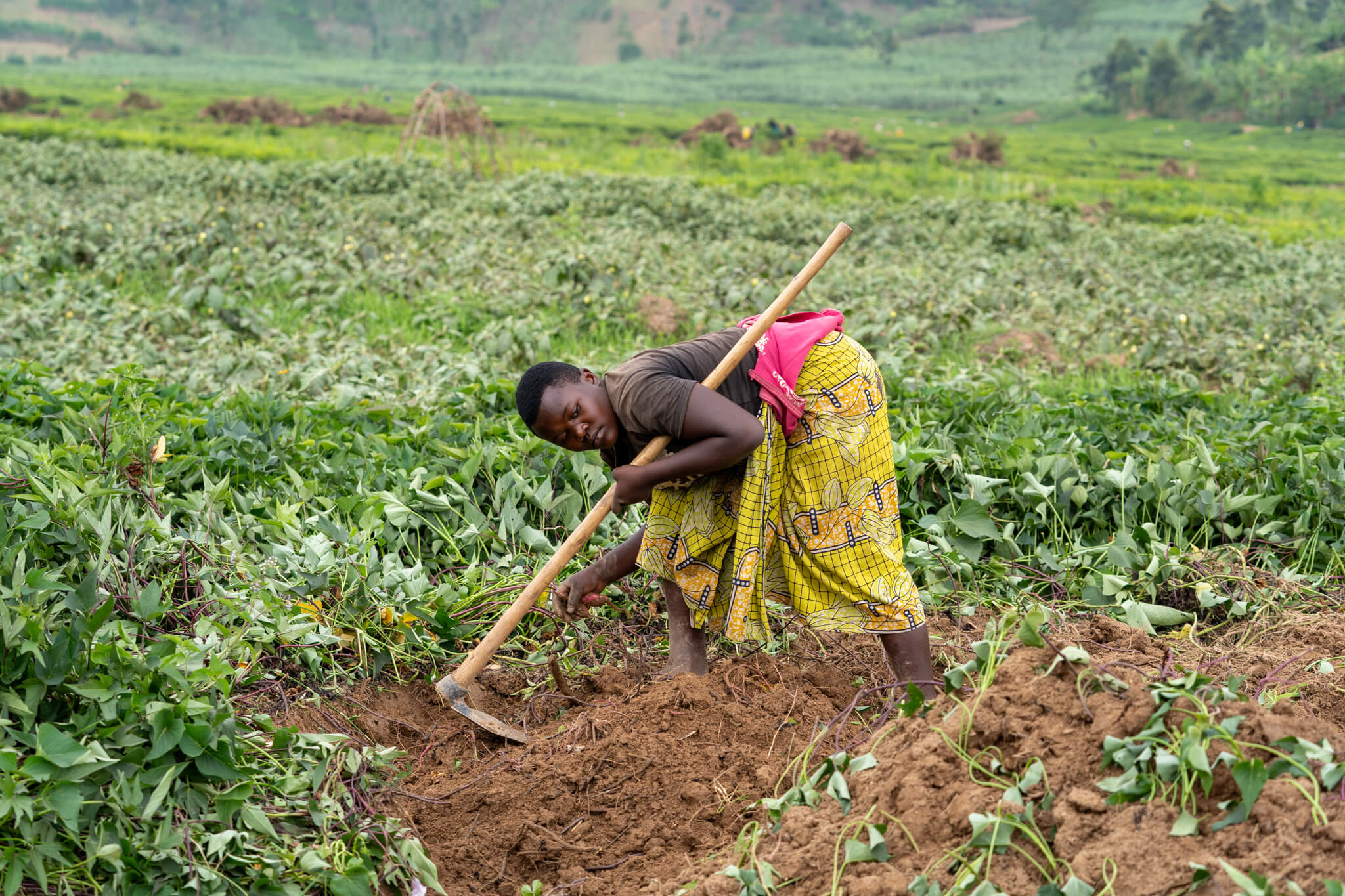
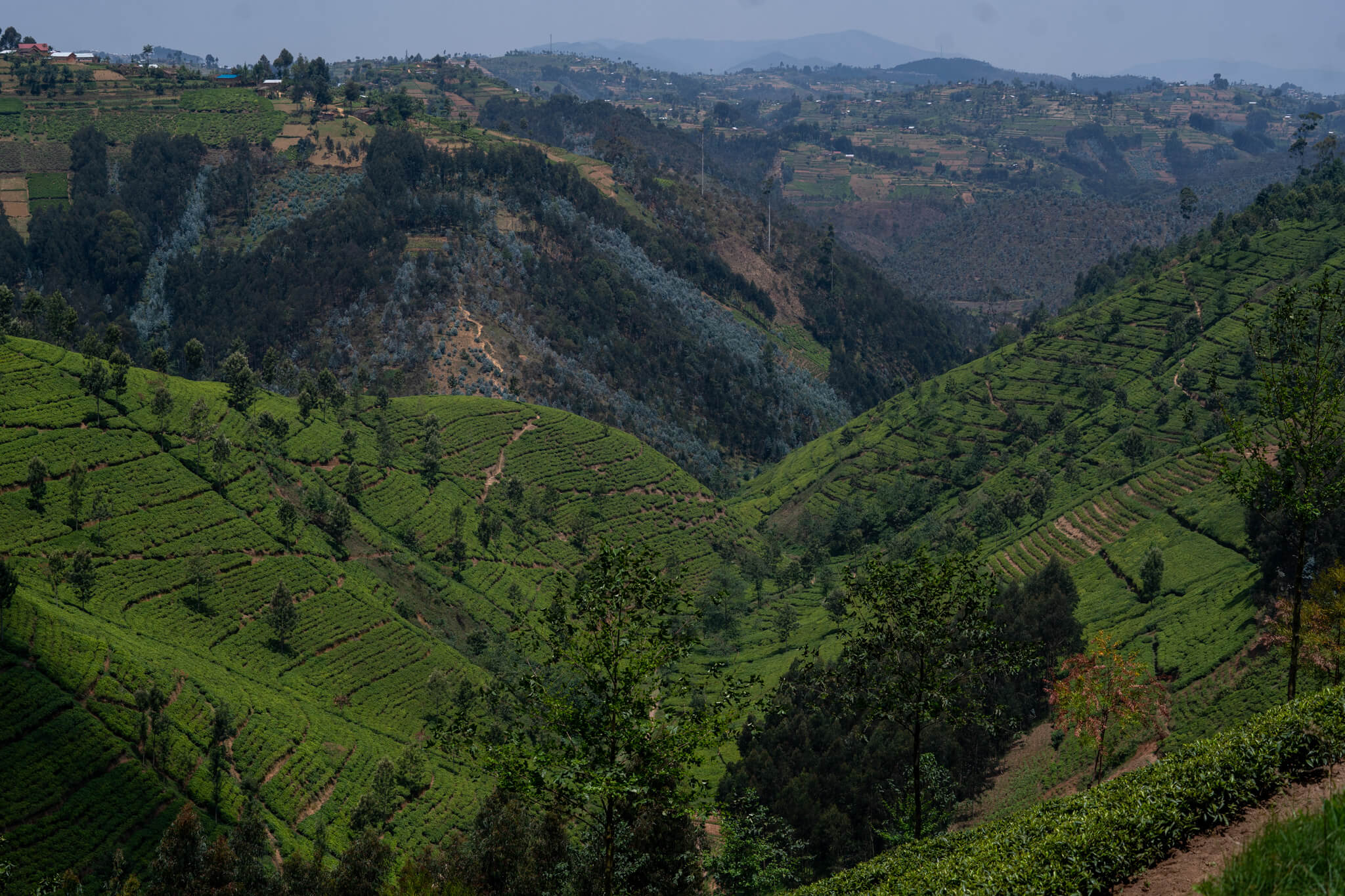
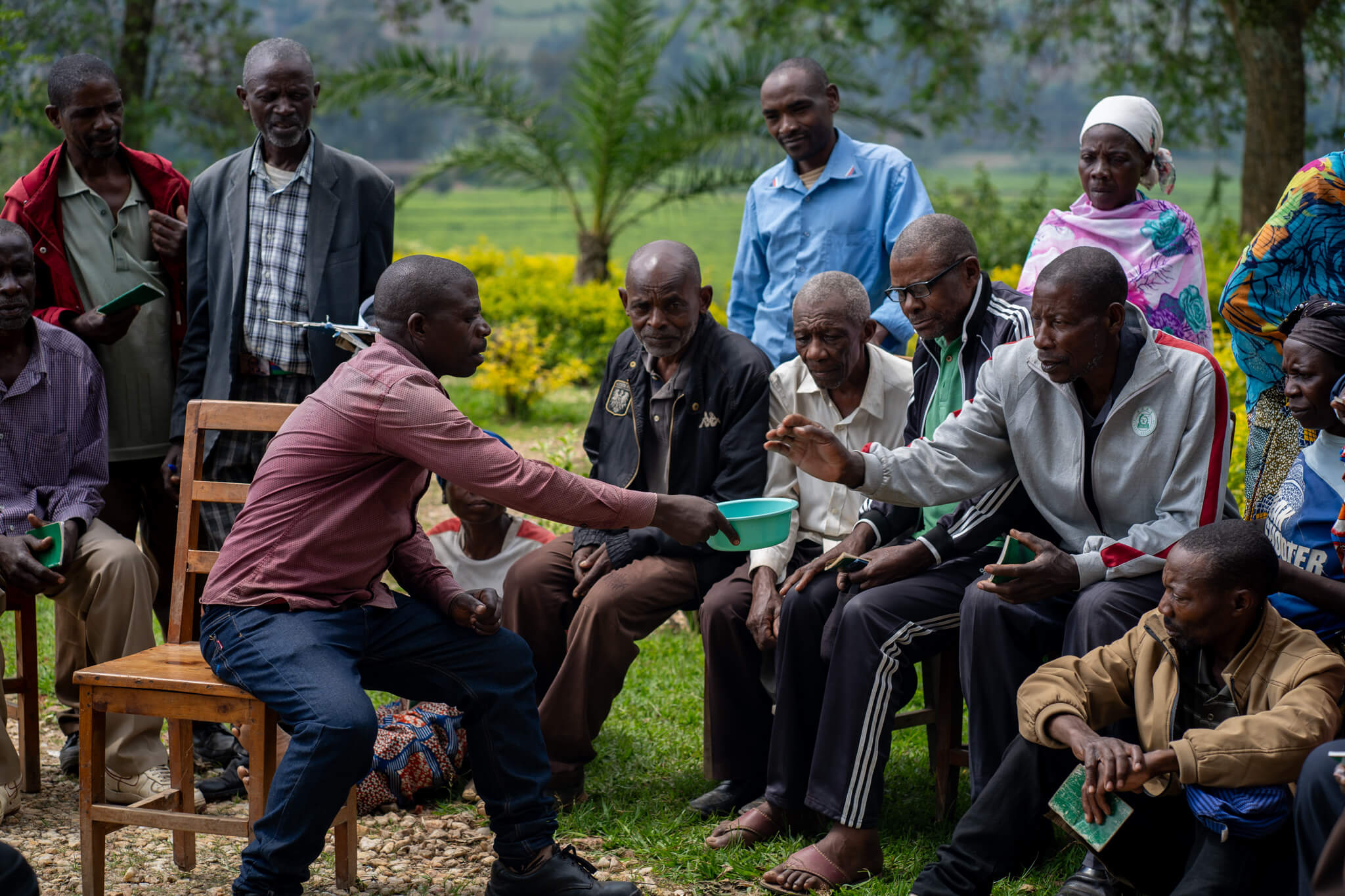
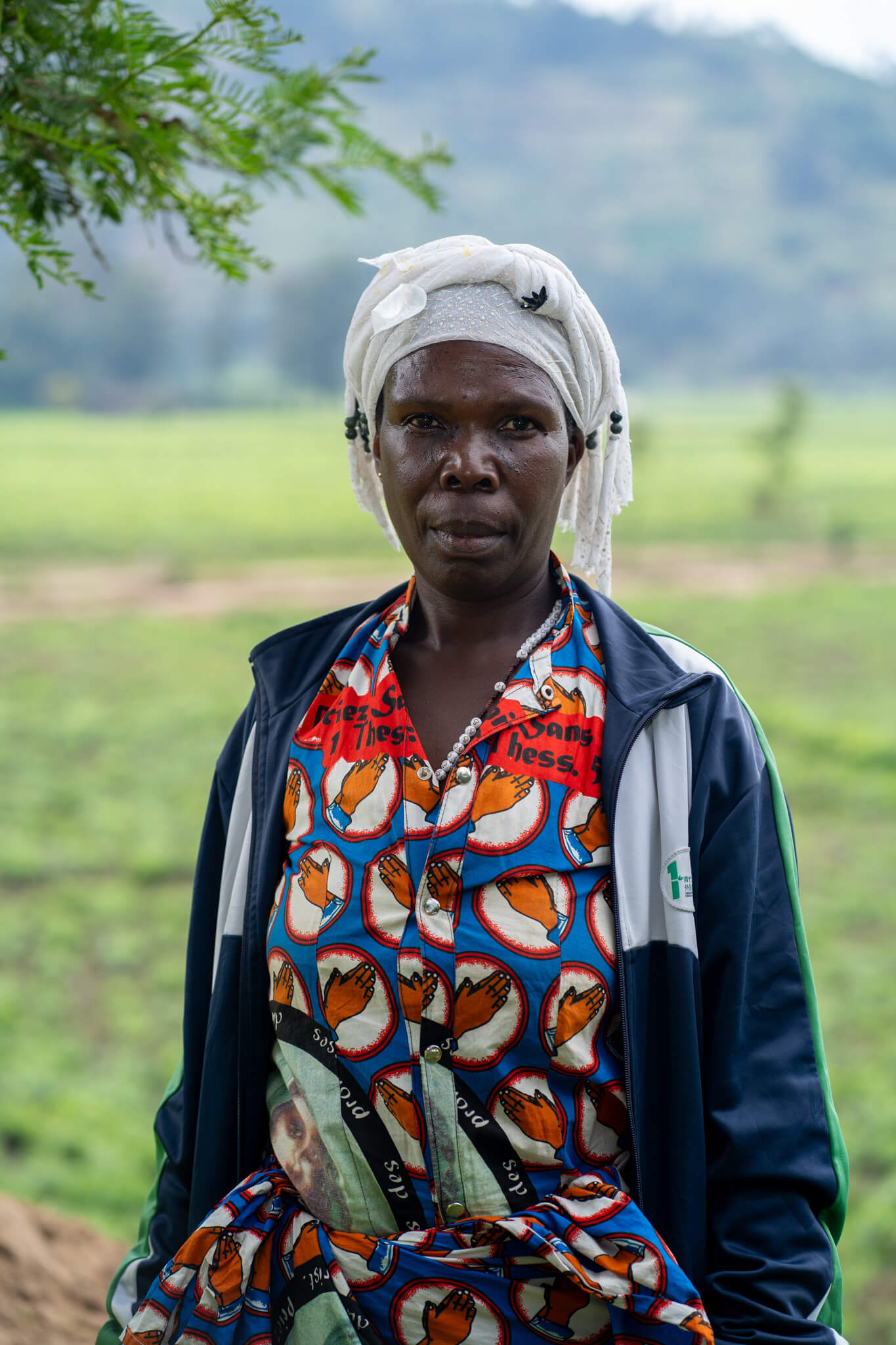
![Durah [name changed to protect her identity], 39, works as a supervisor on several tea estates in Kenya and is a smallholder farmer herself. Image: Rehema Baya / ActionAid](jpg/empowering-tea-communities-in-kenya-1.jpg)
